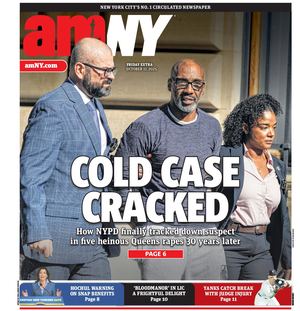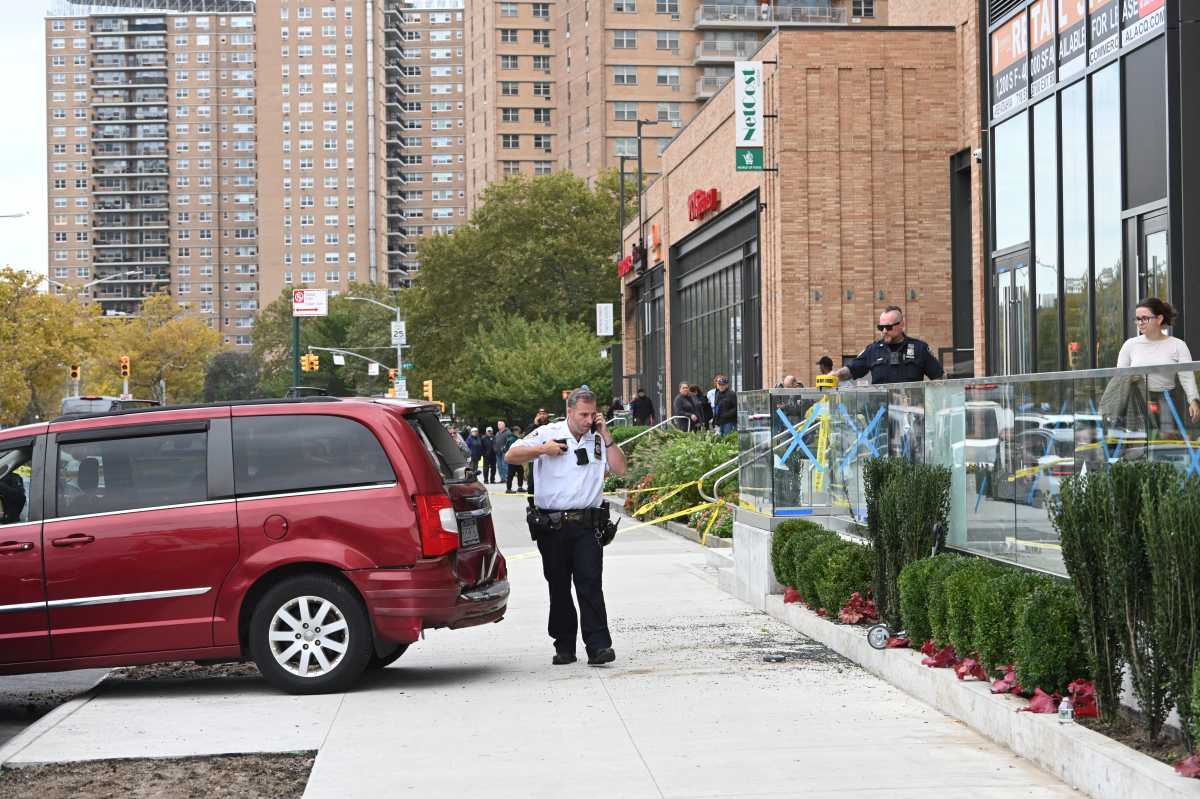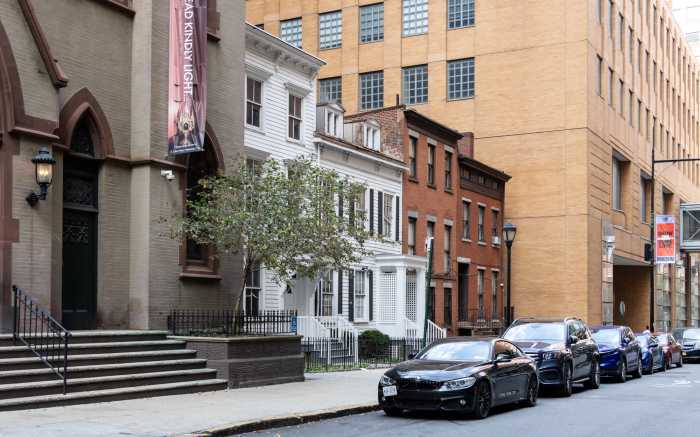Last month, the chilling story of an alleged gang rape brought the city’s focus to a small corner of Brownsville: the Osborn Playground on Hegeman Avenue. It led to cries of a city returning to lawless days and allegations of racial prejudice in the way the city responded.
This week, prosecutors say they are dropping all charges in the case, which had originally prompted outrage from disparate corners. What happened?
Initial reports
The first reports were appalling: The woman and her father were in the park drinking beer, when the group of five young men between the ages of 14 and 17 found them and forced the father to leave at gunpoint, after which they raped the woman. Eventually the father came back with police officers, at which point the alleged attackers had already fled.
Beyond decrying the assault, community leaders and commentators (including this column) quickly began questioning some of the secondary elements of the case — the fact that the police department had been slow to notify the public about the rape in the neighborhood, and wondering whether the slow response would have been the same in a different neighborhood.
Then there was the location of the crime itself.
A dreary and often empty park, residents said, wedged between a school and a row of houses. It had insufficient lighting, but was left unlocked after hours. Some residents pointed to a contradictory message from the city: The neighborhood was often subjected to intense scrutiny from police, but was also lacking in services.
Emerging details
The more facts we learned, the more complicated the case appeared.
The accused teenagers claimed that they had come upon the father and his biological daughter having sex in the playground. Their own sex with the woman had been consensual, the defendants said.
The woman later recanted her accusations that the young men had a gun and that they sexually assaulted her. She refused to press charges against them, or against her father.
But the case, which had overtones of the Central Park Five, had already become a referendum on racial inequities, gender inequities and policing in New York City.
In light of what we now know, the police response looks nuanced, not sluggish. It was always murkier than an open-shut case in which five rapists were on the loose.
But if we were too quick to judge at first, there shouldn’t be an opposite reaction now. This isn’t the time to condemn the contradictory testimony of a vulnerable young woman — confused responses are not atypical responses to trauma. Something went very wrong for this woman, no matter what evidence is available to the legal system.
As Brooklyn District Attorney Ken Thompson said in a statement about the dropped charges, the young woman should receive as much support as needed.
It is clear that she’s been through a deeply traumatic experience, no matter the legal end to this case.
This is amExpress, the conversation starter for New Yorkers. Did someone forward you this email? Subscribe at amny.com/amexpress.
































